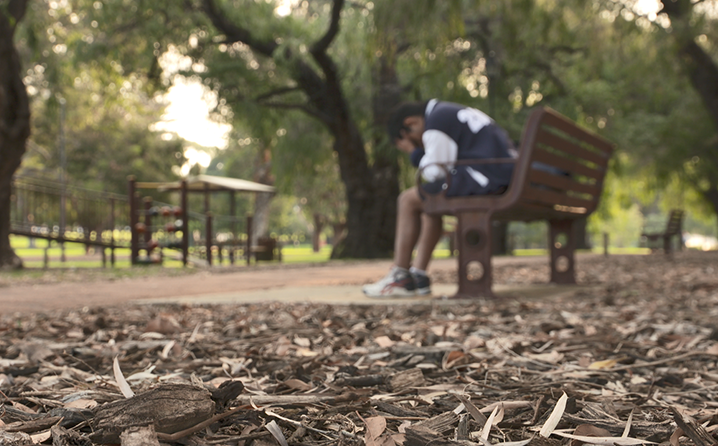Search

News & Events
The Kids researchers finalists in Premier’s Science AwardsThe Kids Research Institute Australia has two researchers and an innovative science engagement initiative as finalists in the 2017 Premier’s Science Awards.
Research
Telling an Adult at School about Bullying: Subsequent Victimization and Internalizing ProblemsTo prevent persistent victimization, schools and teachers need to be better equipped to respond effectively when a student first becomes a target of bullying
Research
Strengthening student social and emotional wellbeing and preventing bullying behaviours: Insights from 20 years of Friendly Schools research in Australian schools.Strong evidence supports our current understandings of student bullying behaviours and ways schools can prevent and respond effectively to bullying behaviour. In the late 1990’s, however, little was understood about the most effective ways to reduce bullying in Australian schools. In response to schools’ need for evidence-informed action, a pipeline of research called Friendly Schools was initiated in 1999 which for the past twenty years, has provided robust whole-school evidence-based knowledge and skills to support policy makers, school staff and other practitioners working in schools and families across Australia.
Research
Prevalence and correlates of bullying victimisation and perpetration in a nationally representative sample of Australian youthThe current findings showed that involvement in any bullying behaviour was associated with increased risk of concurrent mental health problems
Research
The psychosocial burden of childhood overweight and obesity: evidence for persisting difficulties in boys and girlsOverweight and obese children reported greater psychosocial distress than healthy weight children, and these differences were more pronounced for girls than boys.
Research
Bullying Prevalence Across Contexts: A Meta-analysis Measuring Cyber and Traditional BullyingBullying involvement in any form can have lasting physical and emotional consequences for adolescents.

News & Events
Friendly Schools goes from strength to strengthWhat began as a small formative research project 20 years ago has grown into a universal bullying prevention and social skills development program which has helped countless Australian children and their families.

News & Events
What are the signs my child is being bullied?More than half of all children who are bullied do not tell anyone.
Research
Economic Evaluation of an Intervention Designed to Reduce Bullying in Australian SchoolsThe aim of this study was to estimate the changes to costs and health benefits of implementing the "Friendly Schools Friendly Families" (FSFF) anti-bullying intervention in Australia.
Research
School Readiness of Children Exposed to Family and Domestic ViolenceChildren have a universal right to live free from exposure to family and domestic violence (FDV). Children exposed to FDV can experience long-term effects on their physical and psychological health and their social competencies including social, emotional, and cognitive skills and behaviours that underpin successful social adaptation and academic achievement. The aim of this study was to investigate if children exposed to FDV were more likely to be vulnerable on school readiness measures compared to those children who were not exposed.
